Table of content
Chinese cabbage, scientifically known as Brassica rapa subspecies pekinensis, is a leafy green vegetable revered for its crisp texture, mild flavor, and exceptional nutritional profile. Widely used in Asian cuisines, including Chinese, Korean, and Japanese dishes, this versatile vegetable is gaining global recognition for its potential to enhance health and prevent chronic diseases. Often referred to as Bok Choy or Napa cabbage, Chinese cabbage is not merely a culinary staple but a powerhouse of vitamins, minerals, antioxidants, and dietary fiber. This article explores the multifaceted health benefits of Chinese cabbage, supported by scientific research, and highlights why it deserves a prominent place in your diet.
Nutritional Profile of Chinese Cabbage
Chinese cabbage is a low-calorie vegetable, making it an ideal choice for weight-conscious individuals. A 100-gram serving contains approximately 13 calories, yet it packs a punch in terms of essential nutrients. It is rich in vitamin C, which supports immune function and skin health, and vitamin K, crucial for blood clotting and bone metabolism. Additionally, it provides significant amounts of folate (vitamin B9), essential for DNA synthesis and cell repair, and vitamin A, vital for vision and immune function.
Minerals such as calcium, potassium, and magnesium are also abundant in Chinese cabbage. Calcium contributes to bone strength, while potassium helps regulate blood pressure and heart function. The vegetable is a notable source of dietary fiber, promoting digestive health and satiety. Furthermore, Chinese cabbage contains antioxidants like beta-carotene, lutein, and zeaxanthin, which combat oxidative stress and inflammation.
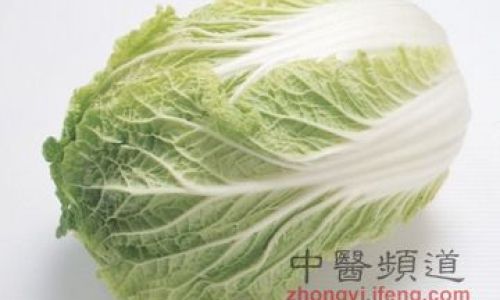
What sets Chinese cabbage apart is its high concentration of glucosinolates, sulfur-containing compounds linked to cancer prevention. These compounds break down into bioactive isothiocyanates during chopping, chewing, or cooking, offering protective effects against certain cancers.
Health Benefits of Chinese Cabbage
Supports Digestive Health
The dietary fiber in Chinese cabbage aids in maintaining a healthy gut by promoting regular bowel movements and preventing constipation. Fiber also acts as a prebiotic, nourishing beneficial gut bacteria that support digestion and overall metabolic health. A 2020 study published in the Journal of Nutritional Science highlighted that diets rich in cruciferous vegetables like Chinese cabbage are associated with a reduced risk of colorectal cancer, partly due to their fiber and antioxidant content.
Boosts Immune Function
With 45% of the daily recommended intake of vitamin C per 100 grams, Chinese cabbage strengthens the immune system by stimulating the production of white blood cells and antibodies. Vitamin C also enhances the absorption of iron from plant-based foods, preventing deficiencies. Additionally, the antioxidants in Chinese cabbage neutralize free radicals, reducing the risk of chronic inflammation and infections.
Anti-Inflammatory Properties
Chronic inflammation is a root cause of many diseases, including arthritis, diabetes, and heart conditions. Chinese cabbage contains compounds like indole-3-carbinol and sulforaphane, which have been shown to modulate inflammatory pathways. A 2018 review in the International Journal of Molecular Sciences emphasized that these phytochemicals inhibit pro-inflammatory enzymes, offering potential relief for inflammatory disorders.
Promotes Heart Health
The potassium content in Chinese cabbage helps balance sodium levels, reducing blood pressure and the strain on the cardiovascular system. Furthermore, the vegetable’s fiber and antioxidants lower LDL (bad) cholesterol levels and prevent plaque buildup in arteries. A 2021 study in the American Journal of Clinical Nutrition linked higher cruciferous vegetable intake to a 16% lower risk of heart disease.
Strengthens Bones and Teeth
Chinese cabbage is an excellent plant-based source of calcium and vitamin K, both critical for bone density and fracture prevention. Vitamin K regulates calcium absorption and activates proteins involved in bone mineralization. A deficiency in this vitamin is linked to an increased risk of osteoporosis. Incorporating Chinese cabbage into meals can complement dairy-free diets and support lifelong skeletal health.
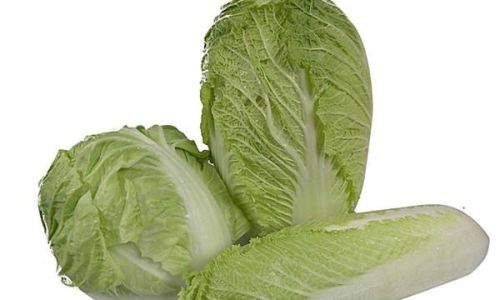
Enhances Skin Health
The combination of vitamin C, vitamin A, and antioxidants in Chinese cabbage promotes radiant skin. Vitamin C stimulates collagen production, reducing wrinkles and improving elasticity, while vitamin A protects against UV damage and acne. A 2019 study in Clinical, Cosmetic, and Investigational Dermatology noted that diets rich in cruciferous vegetables correlate with fewer skin aging signs and improved wound healing.
Anti-Cancer Potential
Glucosinolates in Chinese cabbage are converted into isothiocyanates, which detoxify carcinogens and inhibit tumor growth. Epidemiological studies, such as a 2022 analysis in Cancer Prevention Research, associate high cruciferous vegetable consumption with a lower risk of lung, colorectal, and breast cancers. These compounds also induce apoptosis (cell death) in cancer cells without harming healthy tissues.
Aids in Weight Management
With its high water content (95%) and low calorie count, Chinese cabbage is a filling addition to meals that supports weight loss. The fiber content delays gastric emptying, keeping you satiated longer and reducing overall calorie intake. Its mild flavor also makes it a versatile base for salads, stir-fries, and soups.
Supports Eye Health
Lutein and zeaxanthin, carotenoids found in Chinese cabbage, accumulate in the retina and protect against age-related macular degeneration (AMD) and cataracts. These antioxidants filter harmful blue light and reduce oxidative stress in the eyes. A 2020 study in Nutrients confirmed that individuals consuming higher levels of lutein-rich foods have a 25% lower AMD risk.
Detoxifies the Body
Chinese cabbage contains sulfur-containing compounds that aid liver detoxification pathways. These compounds enhance the production of glutathione, a master antioxidant that neutralizes toxins and heavy metals. Regular consumption may thus support liver function and reduce the burden of environmental pollutants.
Culinary Versatility and Preparation Tips
Chinese cabbage’s delicate flavor and tender leaves make it adaptable to various cooking methods. It can be stir-fried with garlic and soy sauce, added to soups like miso or hot pot, or used as a wrap for fillings. Fermented Chinese cabbage, as in Korean kimchi, introduces probiotics that further boost gut health. For maximum nutrient retention, light cooking methods like steaming or sautéing are preferable to boiling, which can leach water-soluble vitamins.
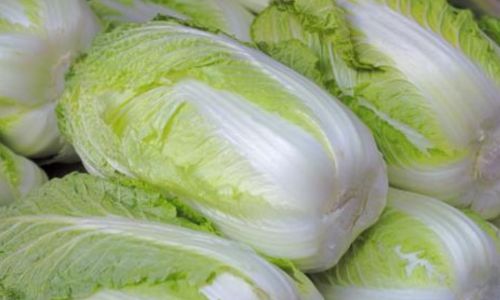
Cultural Significance and Traditional Uses
In traditional Chinese medicine, Chinese cabbage is valued for its cooling properties, believed to balance internal heat and promote hydration. During the Lunar New Year, it symbolizes wealth and prosperity due to its resemblance to paper money. In Korean culture, it is a key ingredient in kimchi, a fermented dish central to the national diet and recognized by UNESCO as Intangible Cultural Heritage.
Potential Side Effects and Considerations
While generally safe, Chinese cabbage contains goitrogens, compounds that may interfere with thyroid function when consumed in excessive amounts. Individuals with thyroid disorders should cook the vegetable to reduce goitrogen levels. Additionally, its high vitamin K content may interact with blood-thinning medications like warfarin, requiring consistent intake to maintain stable drug efficacy.
Conclusion
Chinese cabbage is more than a culinary delight—it is a nutritional treasure trove with profound health benefits. From bolstering immunity and heart health to preventing cancer and promoting skin vitality, this vegetable offers a myriad of reasons to include it in your daily meals. Its versatility in the kitchen and cultural significance further cement its role as a global superfood. Whether steamed, stir-fried, or fermented, Chinese cabbage delivers a dose of wellness that transcends borders and seasons. Embrace this humble vegetable and unlock its potential to transform your health.


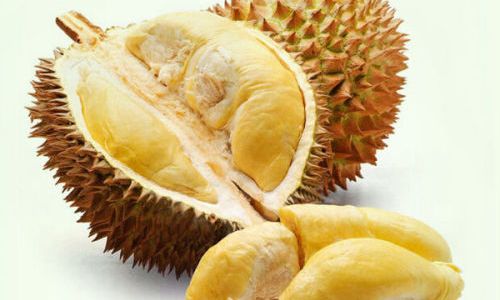

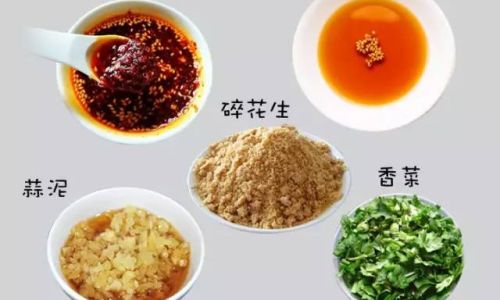

0 comments